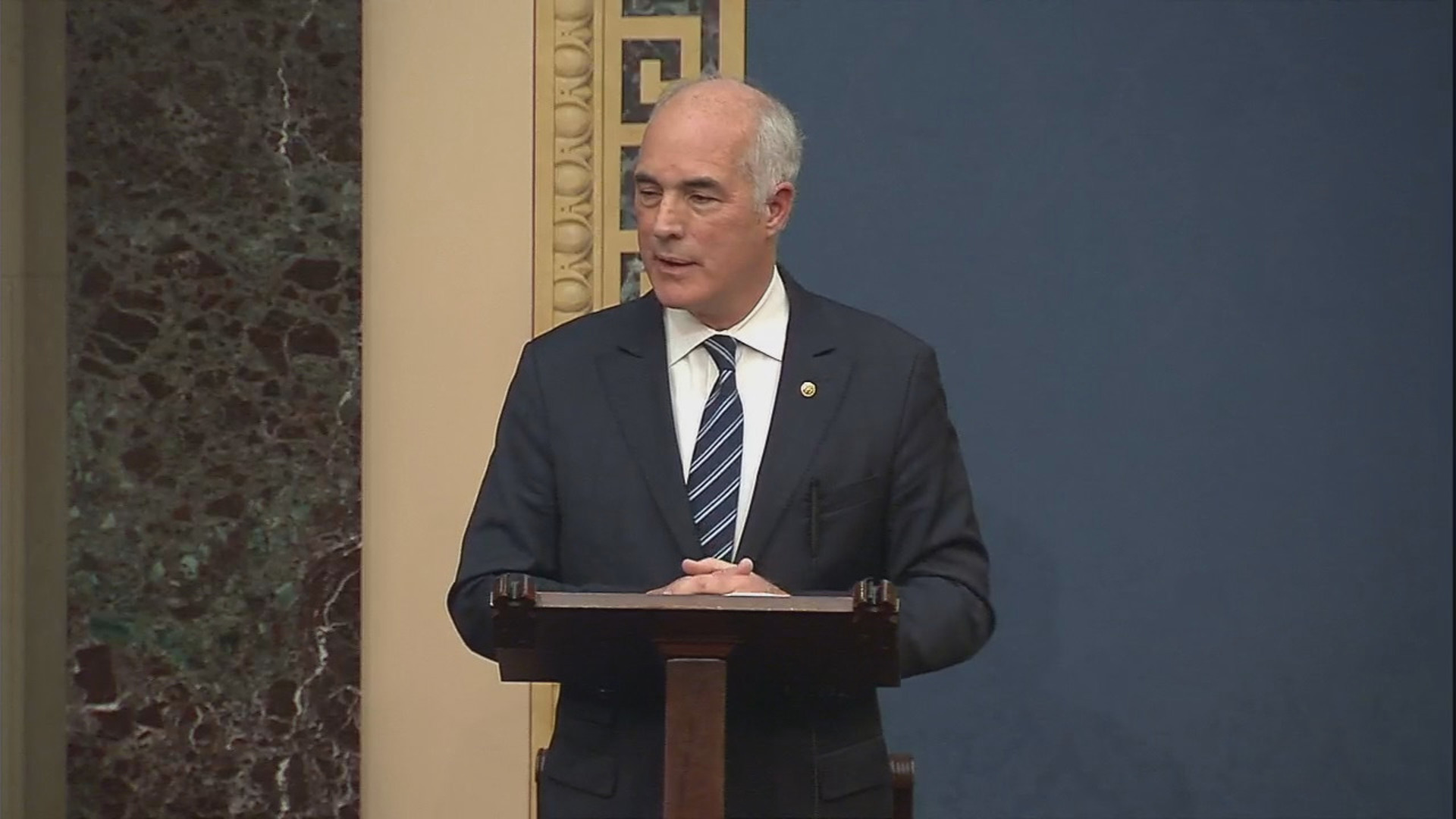HARRISBURG, Pa. — 2025 will bring plenty of new beginnings and laws across Pennsylvania.
Here are some of the most impactful laws that take effect beginning Jan. 1, 2025.
3.5% pay raise for Pa. officials
More than 1,300 officials — including Gov. Josh Shapiro, all 253 lawmakers and all seven state Supreme Court justices — will get a pay raise of 3.4% in 2025, under a state law that delivers automatic raises that match the federal consumer inflation figure for mid-Atlantic urban areas.
According to the Associated Press, Shapiro’s salary will rise to nearly $246,000, putting him in line to be the second-highest-paid governor in 2025, behind only New York's governor.
Lt. Gov. Austin Davis, Treasurer Stacy Garrity, Auditor General Tim DeFoor and Attorney General-elect Dave Sunday will each get a boost that puts those offices' salaries over $200,000 for the first time. The increase also applies to members of Shapiro’s Cabinet, with 17 agency leaders to get paid between $176,000 and $197,000.
Supreme Court Chief Justice Debra Todd, the highest-paid judicial officeholder, will see her salary rise to nearly $270,000, while salaries for the six other high court justices will rise to $262,000. The raises also apply to 1,000 other appellate, county and magisterial district judges. The average Common Pleas Court judge will make nearly $220,000.
The salary increase that went into effect for this year was 3.5%, while the increase in 2023 was 7.8%, the biggest inflationary boost since the 1995 law took effect.
Access to doulas
According to the American Pregnancy Association, a doula is a professional trained in childbirth who provides emotional, physical and educational support to a mother who is expecting, is experiencing labor or has recently given birth. The purpose is to help women have a safe, memorable and empowering birthing experience.
To help address maternal health disparities in access to quality health care for mothers, especially Black and Latino Pennsylvanians who may experience greater barriers to care and less representation in care settings, the Shapiro administration expanded access to doulas for Medicaid recipients.
The change allows certified doulas to enroll as Medicaid providers and enables Medicaid-managed care organizations to enter into network agreements with them, allowing them to bill directly for services offered through pregnancy and postpartum.
Safe Haven assistance
The Pennsylvania Safe Haven law gives parents a safe, legal alternative to abandoning their baby. As long as the baby is unharmed and not a victim of any crime, parents or caregivers will not be in trouble.
Under the Safe Haven law, any newborn (up to 28 days old) can be brought to any of these locations:
- Any Pennsylvania hospital;
- A police officer at a police station; or,
- An emergency services provider at an EMS station.
According to the Commonwealth of Pennsylvania, since Safe Haven's inception in Pa., 51 newborns have been relinquished to hospitals and subsequently adopted. When dropped off, the baby will be examined by a doctor and provided any medical care needed. A local children and youth agency will then take custody of the baby and find them a loving family.
Biomarker testing
On July 1, the Pennsylvania General Assembly passed legislation that would ensure biomarker testing is covered by more insurance plans, including Medicaid, when patients need it.
Biomarker testing has helped revolutionize cancer treatment over the last decades, providing access to targeted treatment and tailoring care to a person's individual disease. Targeted therapies often result in improved quality of life and survivorship, according to the American Cancer Society.
For example, patients with certain lung cancer types who received biomarker testing and then a targeted therapy saw a reported 31% reduction in risk of death.
Sponsored by Representatives Kyle Mullins and Minority Leader Bryan Cutler, House Bill 1754 aims to enable more Pennsylvanians to benefit from biomarker testing, a critical step in accessing precision medicine treatments.
PTSD compensation for emergency responders
Emergency responders like EMS providers, fire department workers, state police officers and peace officers will be eligible for worker's compensation if they develop post-traumatic stress injury, according to WHYY.
Responders will be eligible if their stress comes from traumatic situations they've experienced or witnessed on the job, including serious injury, death, mass casualties, abused or exploited children, crime scenes under investigation and immediate threats to their lives.
“You see so many things, and you take that home to your family," said Chief Brian Enterline of the Harrisburg Fire Department. "It affects family lives.”
“Knowing that you’re able to get help without questions being asked, without having a bunch of hoops to jump through," he continued. "Every police officer, firefighter, and paramedic in Pennsylvania has been waiting on this for a long time.”
The bill passed on Oct. 29, 2024.



